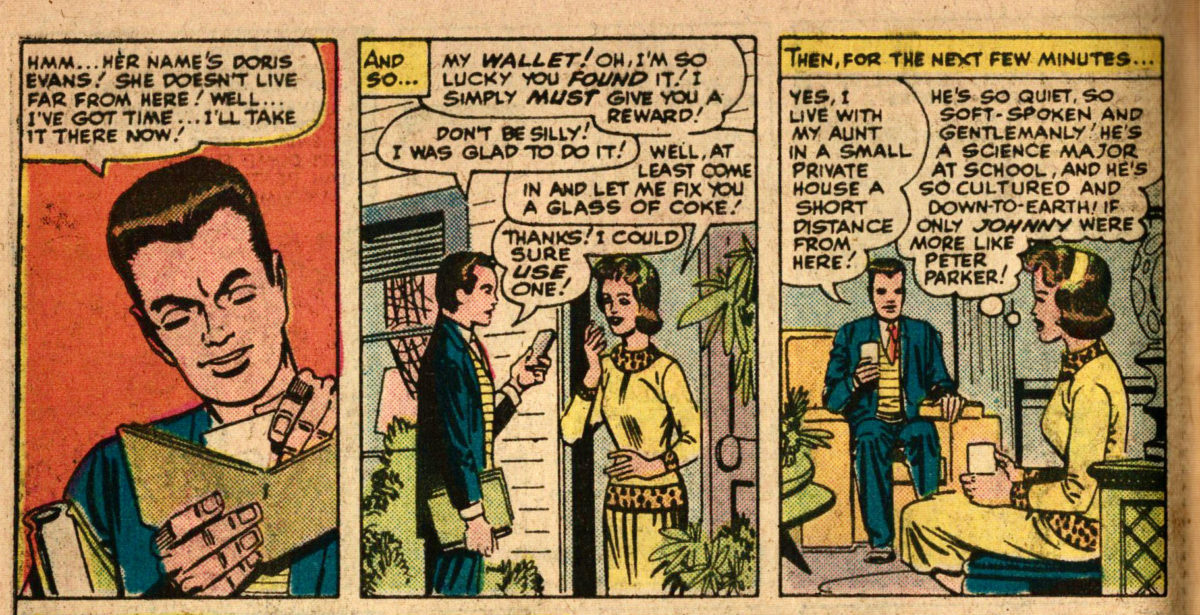Release: March 30, 1953
Cover: July-August 1953
10 cents
Publisher: EC Comics
By: Wood
8 pages
| Previous | Next | |
|---|---|---|
| POSTLUDE | Marvels #2 | |
| Tales of Suspense #72 | Reading order | Sgt. Fury #22 |
To whoever finds this note… I love you.

The Grand Comics Database credits the plot to Bill Gaines and Al Feldstein with a script by Feldstein. The coloring is credited to Marie Severin and the lettering to Jim wroten. The artist is Wally Wood.
Astute observers will notice our latest entry in our Marvel reading is not a Marvel comic. This was published by EC Comics in 1953.
Why are we reading it?
Three reasons. One, Wally Wood is soon finishing up his time at Marvel. I’d alluded before to his astounding science fiction work in the past. We may as well read a story. Two, thematically, this is basically the story of the X-Men in comic form a decade earlier. Three, we are about to read Marvels #2, which explicitly references this comic, drawing the parallels to the X-Men.
The issue features 3 other sci/fi tales and a text story, including an adaptation of a Ray Bradbury story, and the story about cryogenic slumber and space travel the cover is based on (eerily similar to that awful film Passengers, except more self-aware). Another tale is titled “The Reformers”, and non-subtly mocks those who would foment outrage about comics. Great stories, all.
Warning. This is much darker and more intense a story than our normal Marvel reading. EC Comics were famously dark, to the point where they became the center of a nationwide outrage against the comics medium.
This is the story of a mutant girl.
It begins with then-current events. Operation Ivy. The US military conducted a nuclear test on Enewetak Atoll in the Marshall Islands, October 31, 1952, the first successful explosion of a hydrogen bomb.

This comic then speculates on the fate of a soldier exposed to the radiation from the fallout. A soldier who goes home, marries, and sires a child. A child who is born hideously deformed.
Continue reading “PRELUDE: Weird Science #20”



























